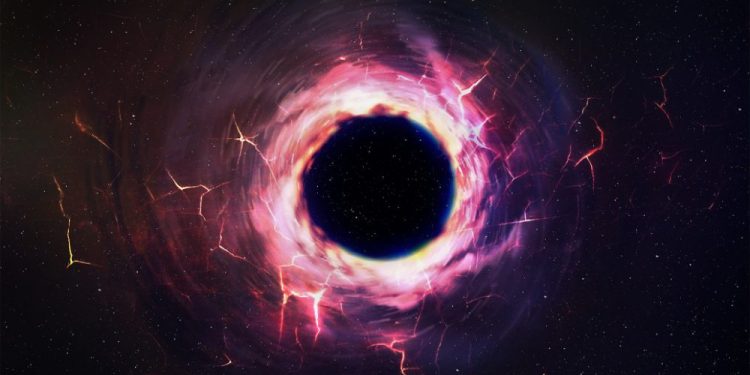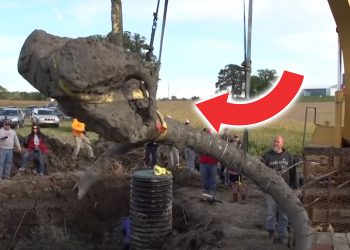If you were to ask me what my favorite object in the universe is, I would probably say black holes. I believe these cosmic monsters are fascinating objects and despite the fact we have been studying them for decades, our knowledge is nonetheless very limited. however, with every new study, we make progress in understanding these objects better.
Surrounding these massive objects is a swirling sea of gas known as an accretion disk, drawn inward by the black hole’s immense gravitational pull. These disks, highly efficient at converting gravitational energy into light, release powerful jets of plasma and intense radiation into space. But what happens when a black hole rotates? The answer lies in a subtle yet powerful phenomenon: the wobbling or precession of its accretion disk.
While the precession of less luminous accretion disks has been extensively studied, the behavior of ultraluminous accretion disks—those that emit enormous amounts of radiation—has remained largely unknown. Do these bright and powerful disks also experience precession?
Researchers at the University of Tsukuba in Japan have provided a resounding answer. Using advanced radiation electromagnetic hydrodynamics simulations, underpinned by the principles of general relativity, the research team has uncovered evidence that the spin of a black hole does indeed cause precession in ultraluminous accretion disks. This groundbreaking discovery marks the first time scientists have observed this precessional motion in such highly radiant systems.
How Black Hole Spin Affects Radiation and Plasma Jets
What makes this discovery even more compelling is how it connects to other cosmic phenomena. The researchers found that this precession not only causes the disk to wobble but also affects the direction of the jets and radiation emitted from the black hole. Essentially, the jets shift direction periodically, as does the radiation, leading to fluctuations in the disk’s brightness. These periodic luminosity changes, which were previously unexplained, can now be linked directly to the spin of the black hole.
This breakthrough opens up exciting new avenues for research. The team at the University of Tsukuba plans to extend their simulations and compare them with observational data to further validate their findings. This could provide conclusive evidence of black hole spin, solidifying our understanding of black holes and their impact on the universe.
More importantly, this study offers a new perspective on how black hole spin might influence larger cosmic events. It could play a crucial role in refining the spacetime framework around black holes and advancing our understanding of general relativity, offering fresh insights into one of the most enigmatic forces in the universe.











